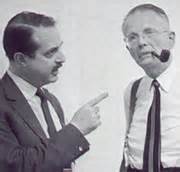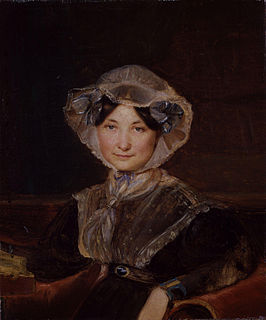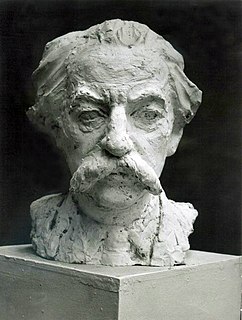A Quote by J. I. Packer
But to read all Scripture narratives as if they were eye-witness reports in a modern newspaper, and to ignore the poetic and imaginative form in which they are sometimes couched, would be no less a violation of the canons of evangelical literalism than the allegorizing of the Scholastics was.
Related Quotes
Sin is to a nature what blindness is to an eye. The blindness of an evil or defect which is a witness to the fact that the eye was created to see the light and, hence, the very lack of sight is the proof that the eye was meant... to be the one particularly capable of seeing the light. Were it not for this capacity, there would be no reason to think of blindness as a misforture.
Throughout all ranks of society, from the successful merchant, which is the highest, to the domestic serving man, which is the lowest, they are all too actively employed to read, except at such broken moments as may suffice for a peep at a newspaper. It is for this reason, I presume, that every American newspaper is more or less a magazine.
Humans in modern societies are driven by a perhaps desperate hope that they might find some way of mobilizing their theoretical and empirical knowledge and their evaluative systems so as both to locate themselves and their projects in some larger imaginative structure that makes sense to them. ... Furthermore, many modern agents would like it to be the case that the form of orientation which their life has is, if not true, at least compatible with the best available knowledge.
It was assumed that you can't touch evangelical Christians. "Oh, they're the Republican Right. Stay away from those people. Don't even try to talk to them." Well, what's interesting is that there were evangelical Christians who were voting for Kerry. There were right-to-lifers who were voting for Kerry. And it's interesting to listen to the reasons why. To ignore that segment of the electorate is moronic. Particularly if you don't know who those people are, or what their concerns are.





































